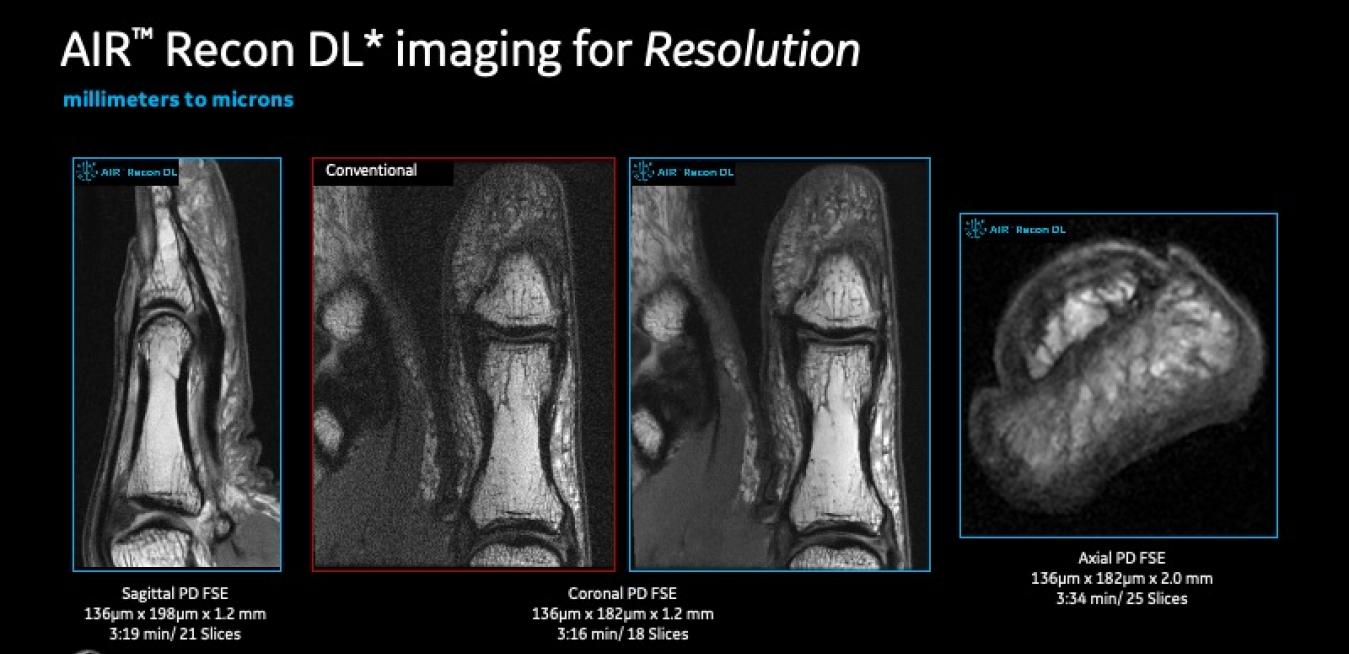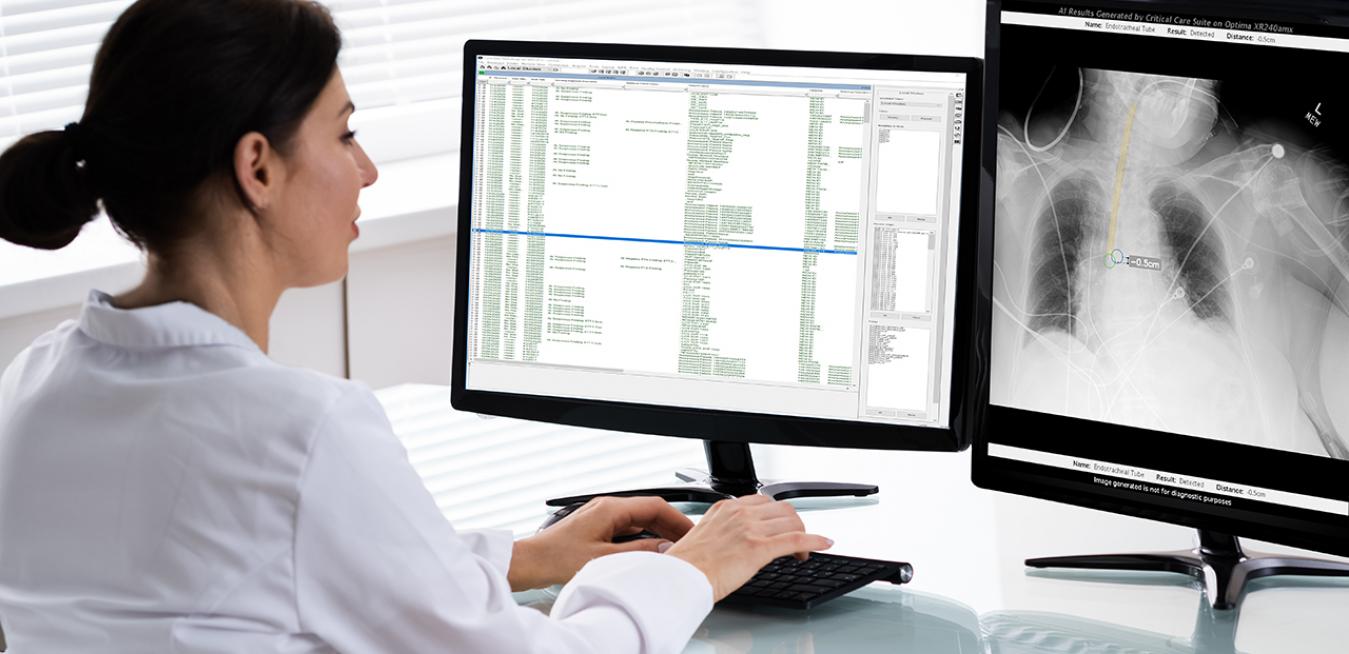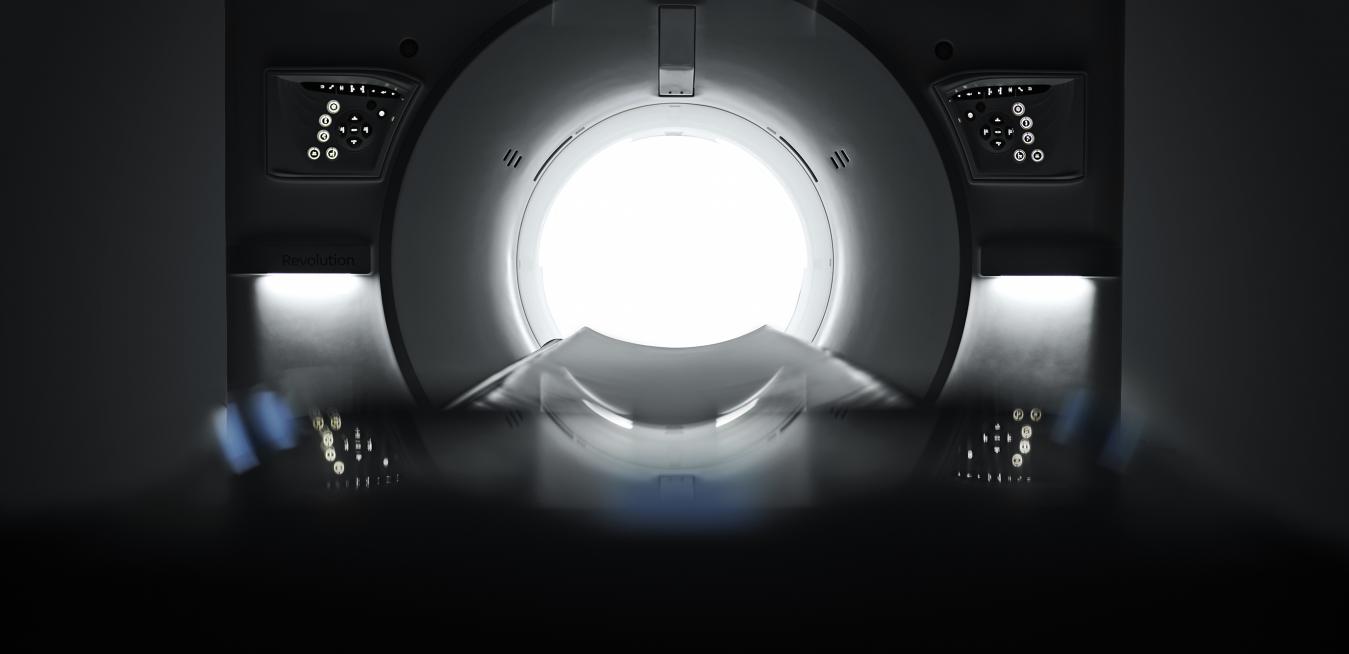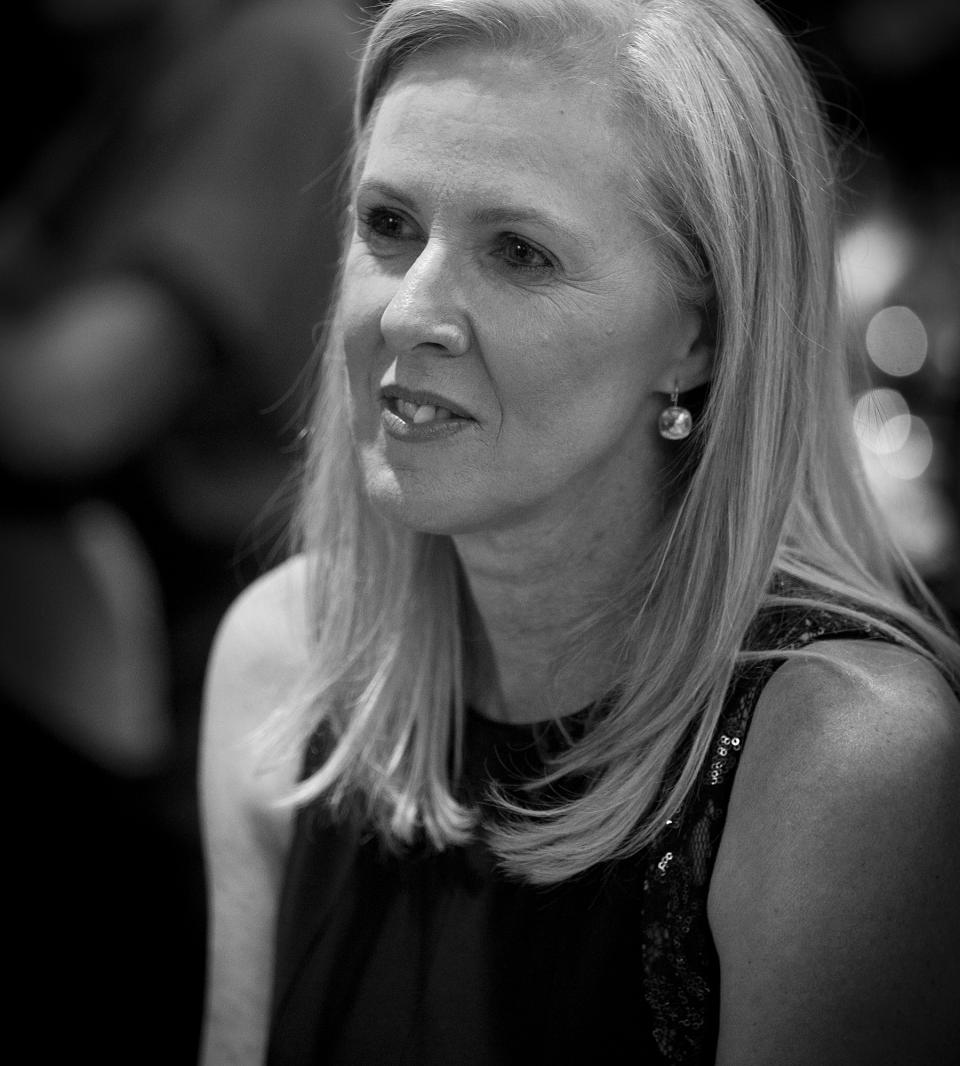- The multi-year strategic partnership will enable GenesisCare to offer patients greater access to leading technology, with a plan to explore further collaborations to improve cancer diagnosis, treatment and cardiovascular care
- The agreement is valued at more than USD 130 million over the next five years, including imaging technologies, digital solutions, clinical education and services
- Together, GenesisCare and GE Healthcare aim to achieve earlier, faster and more confident cancer diagnosis and more precise intervention and individualiz
For media inquiries, please contact:
Hannah Huntly
Director, External Communications
GE Healthcare
+44 7887 824201
[email protected] Alma Dayawon
+61 4 66507548
[email protected] Bronte Kerr
Media Relations Manager
Genesis Care
+61 411 676 269
[email protected] Angharad Bhardwaj
U.S. Communications Officer
GenesisCare
843-754-2378
[email protected]
business unit
tags
Liz Satterfield was looking forward to her future in early 2014. She was planning a wedding with her fiancée, Heather Dooley, in Milwaukee, and she had a good job working in business development (mergers and acquisitions) at GE Healthcare.
But in February that year, a cloud moved over the bright horizon. Satterfield, 41 at the time, had always been diligent about doing at-home breast exams and getting mammograms. That winter, she discovered a lump in her breast that turned out to be stage 3 breast cancer.
Every year after Thanksgiving, tens of thousands of doctors, hospital managers, equipment manufacturers and other medical industry professionals descend on Chicago for what might be the largest healthcare gathering in the world — the annual meeting of the Radiological Society of North America (RSNA). This year, however, was different as the action took place online for the first time in its 106 years.
Today TVM Capital Healthcare, a specialist healthcare private equity firm, and GE Healthcare announced a strategic collaboration to support and accelerate the growth of transformational healthcare companies across selected emerging healthcare markets in the ASEAN and MENA regions.
The last time you bought a new car, you probably didn’t just write a check. You took it for a spin to see how it handles. GE Healthcare will soon offer a similar service to hospitals interested in buying its latest software powered by artificial intelligence (AI). “This is a big deal for the healthcare industry,” says Ken Denison, vice president of digital platform and product marketing at GE Healthcare. “It’s rare to have the option to quickly find things, try them and decide to buy them or not.”
Ever since the first cases of COVID-19 struck nearly a year ago, hospitals around the world have been racing to get a step ahead of the virus. They’ve become adept at sourcing and stockpiling personal protective equipment, establishing vigorous new cleaning protocols, and acquiring thousands of new ventilators. But the focus on fighting the pandemic and wanting to keep the number of people in hospitals down to lower the chance of transmission also means that standard procedures like magnetic resonance imaging (MRI) have been postponed.
Like many tasks in medicine, threading a breathing tube down a patient’s trachea requires skills, patience and steady hands. Insert the tube not far enough and the patient can throw up food into their lungs, causing infection; insert it too far and you might trigger a collapsed lung or cardiac arrest. Doctors often order a chest X-ray to make sure the tube is positioned right.
Wilhelm Röntgen had no inkling that he was about to revolutionize how doctors diagnose and treat injuries and disease.
In 2003, Dan Collins was working as a media analyst for an Australian brokerage when his father was diagnosed with a rare terminal illness. Collins had no background in healthcare, but seeing his father’s odyssey through the medical system, he realized that there had to be a way to treat people.
In March, Helen Parry was delighted when a brand-new Senographe Pristina™ 3D mammography system arrived at Royal Perth Hospital in Perth, Western Australia. Parry is the hospital’s chief medical imaging technologist, and part of her role is to procure imaging equipment for the hospital’s Breast Assessment Center.













